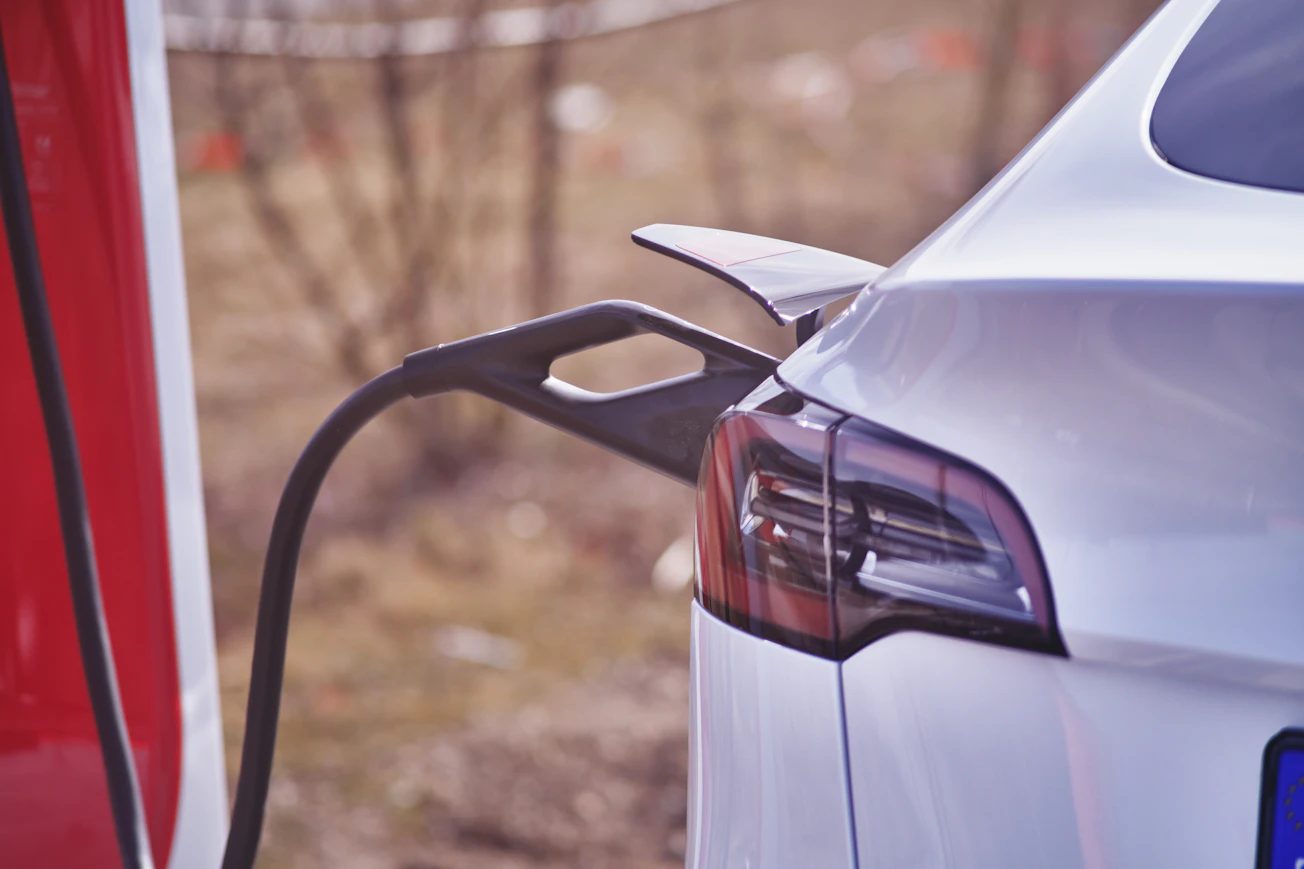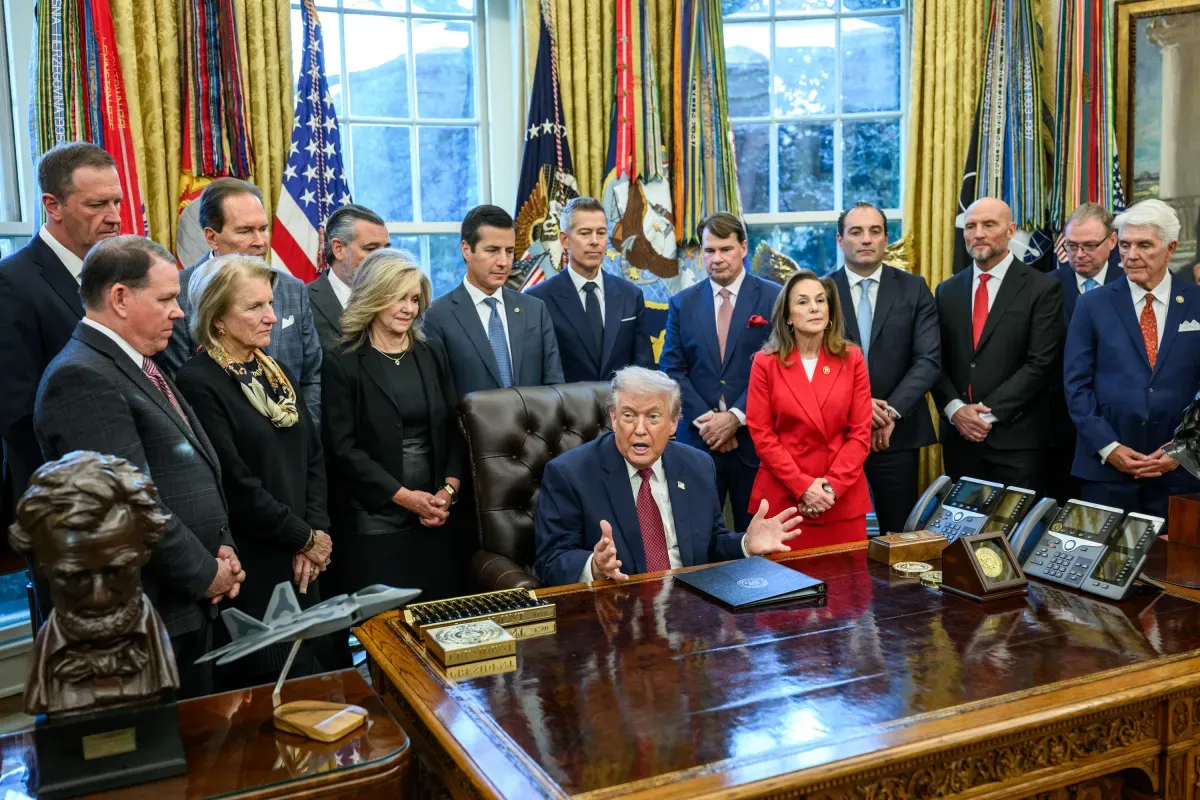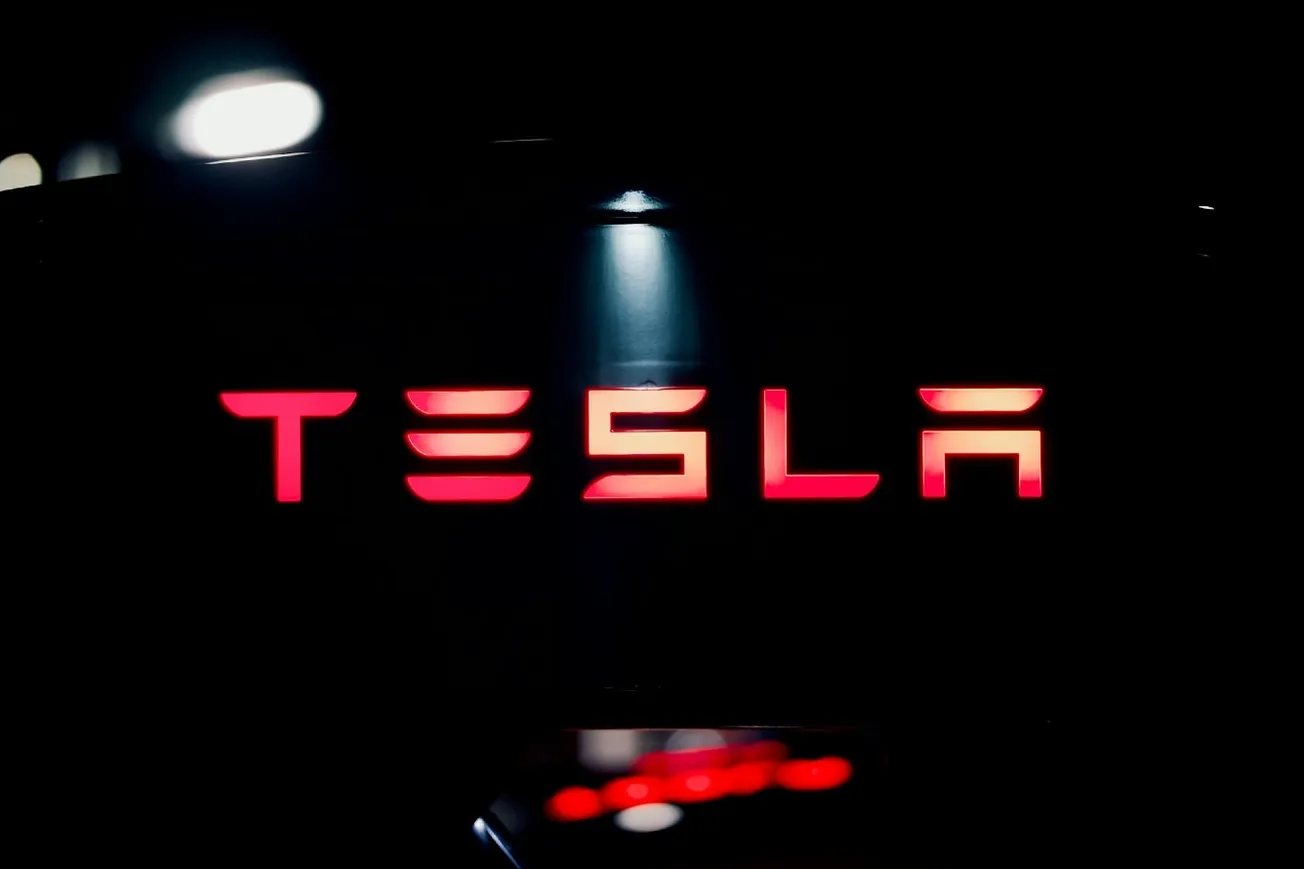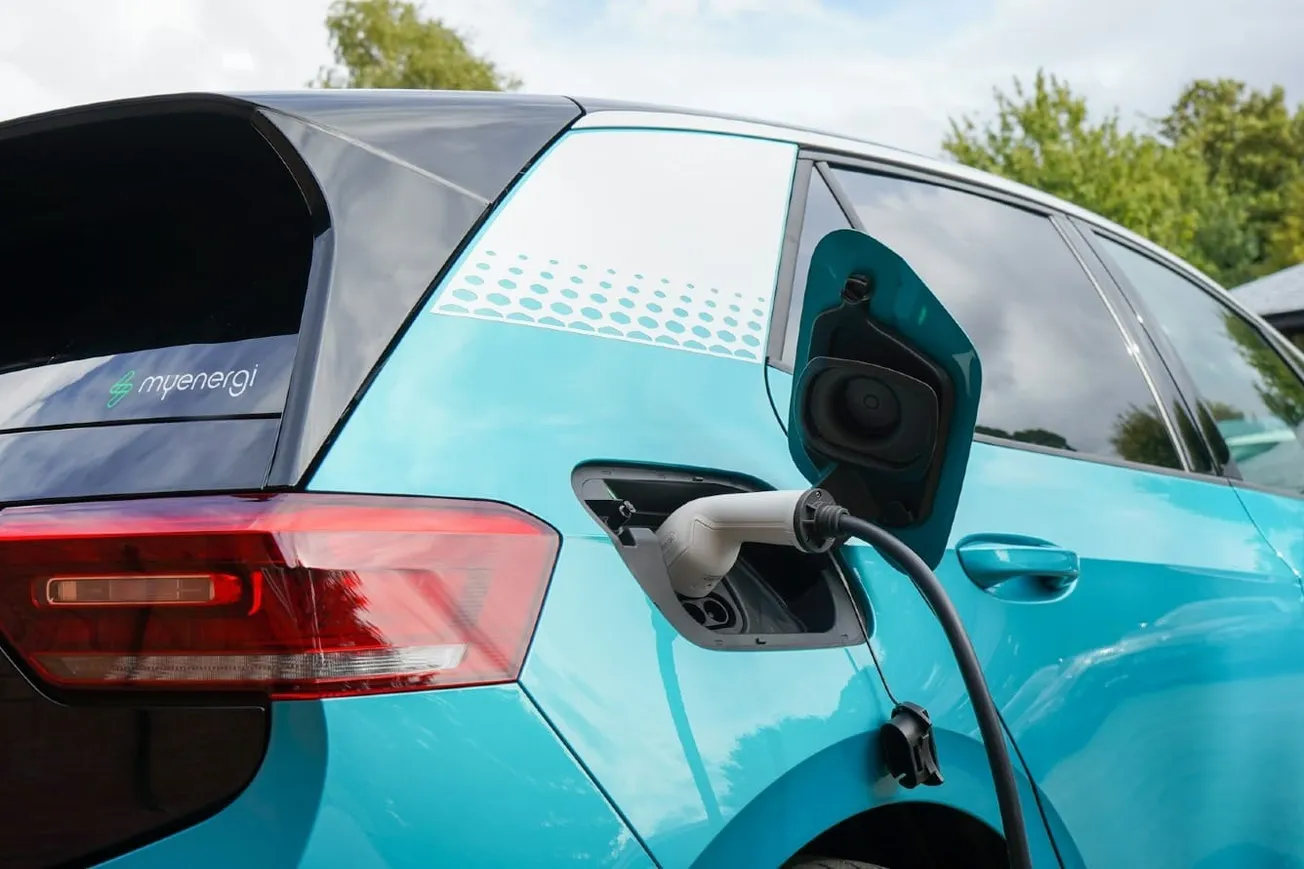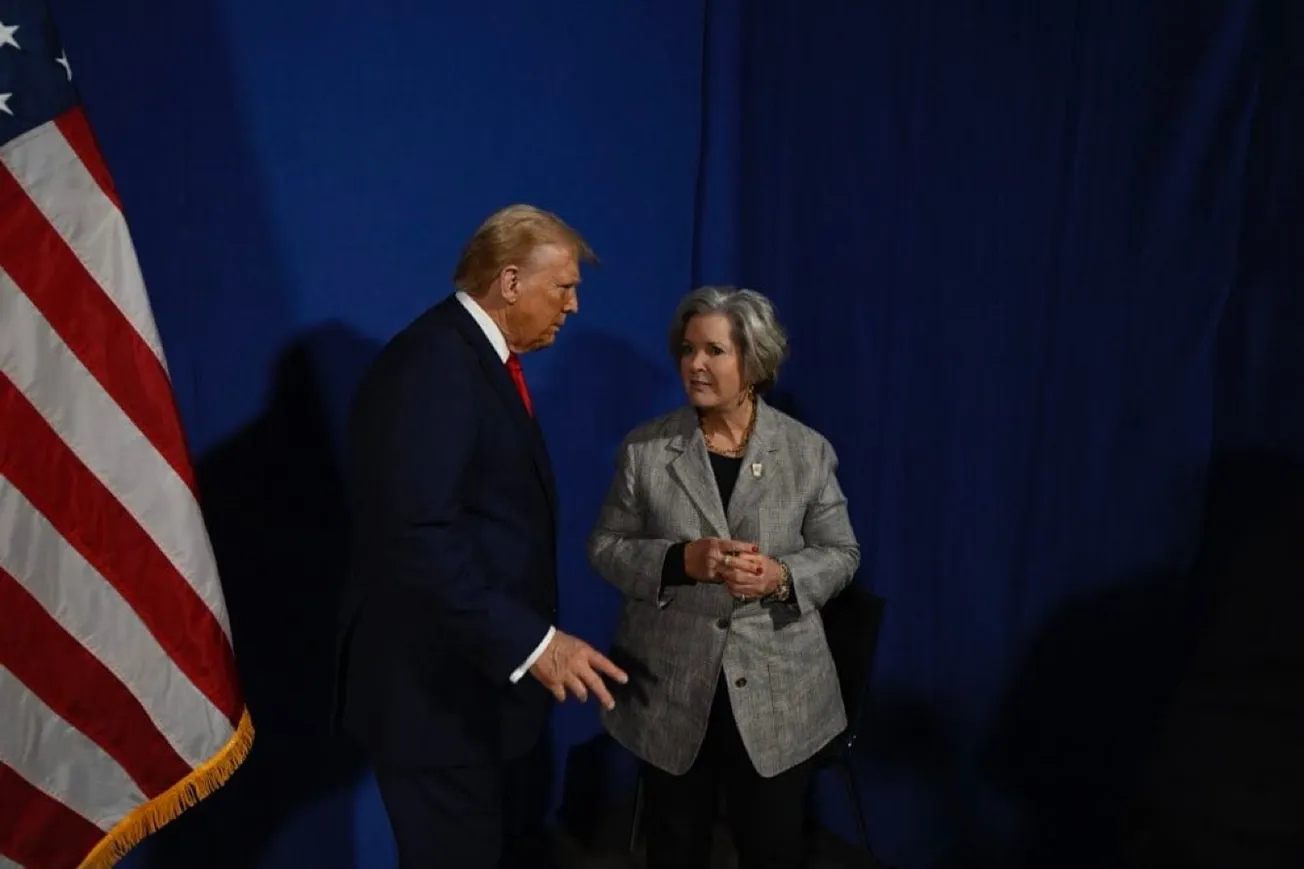“The electric things have their life too. Paltry as those lives are.” – Do Androids Dream of Electric Sheep?
Just as President Joe Biden starts showering hundreds of billions more of taxpayers’ money to “electrify” the nation’s fleet of automobiles, the bottom is falling out of the EV market.
The latest indication is the sharp drop in prices for used EVs.
A report from iSeeCars.com, a search engine for auto buyers, found that the average price for all cars declined 5% in 2023 compared with 2022.
But the resale price EVs plunged 33%.
While a used EV sold for an average of $52,821 in 2022, it went for less than $35,000 in 2023, which means they can be had for just slightly more than the average price for all cars.
Even with this dramatic decline in prices, it took 40% longer to sell an EV in 2023 than it did the year before. Used gas-powered cars, in contrast, sold 10% faster than they did in 2022.
“This combination of lower prices and slower sales suggests EVs have hit a market demand threshold that will be difficult to break through,” said Karl Brauer, iSeeCars executive analyst.
Why is the used EV market in trouble? Bloomberg speculates that “Buyers are shunning them due to a lack of subsidies, a desire to wait for better technology, and continued shortfalls in charging infrastructures.”
But it’s not just the used EV market that is cratering. iSeeCars found the same trends with new EV sales. The time it took to get an EV off a dealer’s lot more than doubled in 2023. It now takes roughly three times as long to see an EV than a conventional car, despite price cuts and Biden’s huge EV tax credit.
Nearly half of EV owners buy a gas-powered one for their next vehicle, according to a study from S&P Global, titled “Does the auto industry have an EV loyalty problem?”
The collapse in used EV prices is hurting the sale of new ones. Why plunk down big money for a car that will lose value faster and be harder to sell down the road?
Rental car companies are deciding not to. Hertz scaled back its plans to add more EVs to its rental fleet, citing high repair costs and declining resale value. German-based rental car company Sixt said it’s phasing out Tesla rentals from its fleets because of reduced resale value.
And that’s on top of the fact that EVs are more prone to need (more expensive) repairs, lose significant range in bad weather, and are a pain to recharge. The NBC affiliate in Philadelphia recently filed this story:
On a cold fall day, several electric vehicle drivers were waiting for a turn to plug into one of the public chargers at a strip mall parking lot in South Philly.
‘It’s like, man, you got to be here 40 minutes, 50 minutes, and then you got to spend another hour here to charge,’ said Kevin Taylor, an Uber driver who two months into using an electric vehicle was already considering switching back to gas.
So, let’s sum up: New EVs aren’t selling, despite massive government subsidies. Used EVs aren’t selling. People who own EVs often give up on them and switch back to gas-powered cars.
You’d think the Biden administration would respect the wants and needs of the car-buying public. Instead, it’s kowtowing to radical eco-leftists and is spending billions upon billions to build charging stations, massively subsidize the EV manufacturing business, and hand out lucrative tax credits to EV buyers.
Do leftists dream of electric cars? Yes. But for everyone else, the EV mania is turning into a costly nightmare.
— Written by the I&I Editorial Board
Original article link

